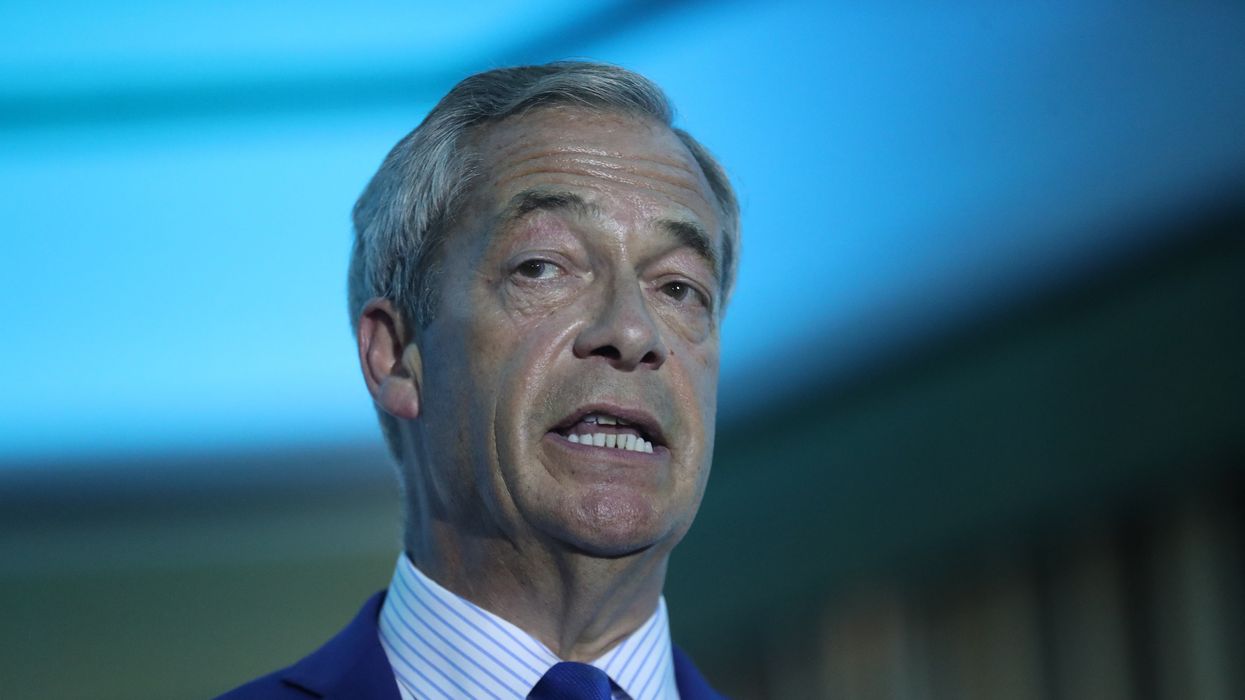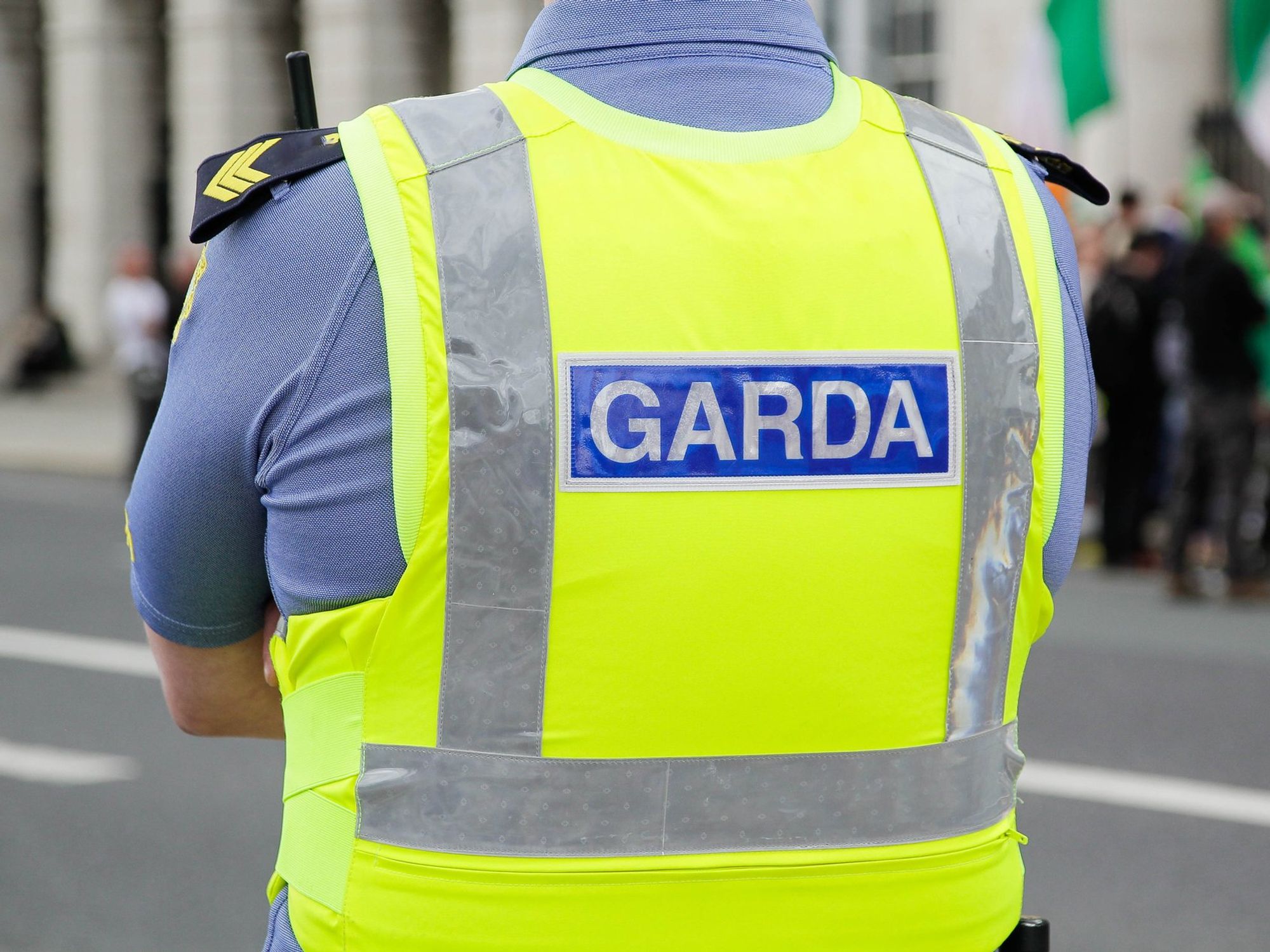Backing Reform would risk an END of right wing government in Britain for generations, says Dr Azeem Ibrahim

Nigel Farage returned to frontline politics to lead Reform UK
|PA
Dr Azeem Ibrahim warns of the unintended consequences of supporting Nigel Farage's party
Don't Miss
Most Read
Latest
Reform UK's swift ascent in the polls seems less shocking than it is. It almost feels like a new norm: Farage emerges whenever the Tories neglect the party's right wing.
But this isn’t just another Farage venture. This isn’t an EU Parliament election like the one that led to Theresa May’s downfall. Nor is it a local election.
Reform differs from the Brexit Party in the 2019 general election, which mainly contested Labour's red wall seats and appealed to Labour voters on a single-issue platform.
Even in 2015, when Ukip fielded candidates in 625 seats after their 2014 EU election win and garnered 13 per cent of the vote, they aimed to hold the Conservatives to their EU referendum promise. Their manifesto aimed to expose Labour's stance on immigration, and in an era of deficit-cutting pledges, their message on foreign benefits claimants and high EU membership fees resonated with typically left-wing voters.
Reform, however, is an entirely different phenomenon.
Its manifesto (or "contract" as Farage prefers) is designed to undercut the Tories at every turn. The goal of this Reform party is to dismantle the Conservative Party.
They also seem impervious to scandals that would sink a serious governing party, with 41 candidates linked to the British Fascists' leader not being deselected. They blamed a private vetting company, but a serious party would remove such candidates upon discovering the evidence. Reform is treated as a protest vote party while positioning itself as a future governing party.
The Conservatives, despite their flaws, have been a remarkably stable and successful governing party. This may sound trivial, but it took Labour the entire interwar period to become a credible governing party. From a democratic standpoint, it will be Keir’s way or the highway for at least a decade. Policy will be shaped by Labour's internal factions.
In electoral politics, the Conservatives are the only party capable of uniting a coalition of right-wing voters – libertarians, soft nationalists, the Workington man, and One Nation Tories.
Reform could never keep future Ken Clarkes or David Gaukes within any tent led by Farage. This is bad news for the right and for politics in general. Majoritarian parliamentary systems are adept at creating broad church parties and fostering what scholars call centripetalism. It’s less about centrism and more about the system preventing parties from veering to political extremes because they must compete for centrist voters.
If one of the big parties breaks, they won't be in Government. They'll compete for each other’s votes instead of centrist votes – it's centrifugal politics. Starmer faces his own challenges with the Greens' shift into a socialist party with environmental branding. But electoral rules will mask this political divergence beneath an unearned Starmer majority.
Given the electorate's lack of focus on policy this election, and the unserious attempts to honestly address the difficult decisions any government will need to make in the next decade, Starmer may enter government largely unexamined, buoyed by Reform, Conservative fatigue, and an unwillingness to defend their record in government. Starmer may govern a country that has never been more electorally divided.
The real casualty of this election will be small-c conservative values. The party that emerges after a possible leadership election will inevitably have to compromise on principles: caution, natural social change, limited government, aspirational politics, and a preference for the tried and tested over the utopian ideal.
The measured but quietly patriotic politics of Scruton and Oakeshott, which found expression within the broader Tory coalition, would be sidelined if Reform splits the Tory party in two.










